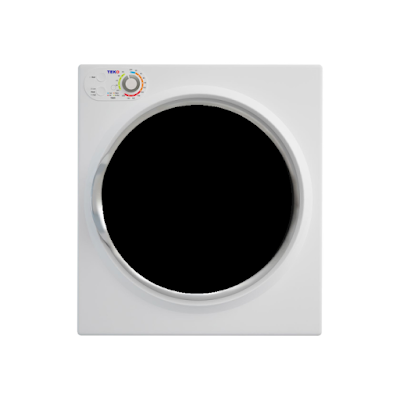Introduction to Vented Laundry Dryers
The Vented laundry dryer 110V is an indispensable appliance designed to extract moisture from clothes using heated air circulated within a drum. This process expels the moisture-laden air through a duct, allowing fresh air to complete the drying cycle. They offer several advantages over other types of dryers due to their cost-effectiveness, faster drying times, simple design, suitability for well-ventilated areas, and decent energy efficiency despite consuming more power than heat pump dryers.
Performance and Capacity
The 110V Vented Laundry Dryer caters well to small to medium loads, efficiently managing regular clothing, delicate fabrics, and linens. While its drying times may be slightly extended due to lower power, this gentler drying process proves beneficial for delicate items. Regular maintenance, such as cleaning filters and adhering to appropriate load sizes, ensures optimal performance. Despite potential longer drying cycles for larger loads, its versatility in various settings makes it reliable for daily laundry needs, particularly in spaces with lower voltage supplies.
Durability and Design
The build quality of the 110V Vented Laundry Dryer involves sturdy construction and high-quality materials, including a durable drum and corrosion-resistant components. These features contribute significantly to reliability. User-centric design elements like intuitive controls, ergonomic door handles, and noise reduction mechanisms enhance usability. The incorporation of corrosion-resistant materials fortifies durability, ensuring these dryers withstand diverse environmental conditions while maintaining efficiency.
Safety Features
Integrated safety features ensure user protection and prevent potential hazards. Overheat protection mechanisms automatically shut off the dryer in case of overheating, safeguarding clothes and preventing fire risks. Efficient lint filters reduce fire hazards and maintain optimal airflow. Door locks or child safety features prevent accidental openings, ensuring safety in households with children. Automatic shut-off after the drying cycle prevents unnecessary energy consumption and reduces associated risks.
Installation and Maintenance Tips
Installation: Proper ventilation using suitable ducting materials is essential for efficient operation. Level installation prevents unnecessary vibrations. Adherence to electrical specifications is crucial for safe and optimal performance.
Maintenance: Regular cleaning of lint filters after every use and periodic vacuuming around the dryer prevents lint and debris buildup. Regular inspection and cleaning of the venting system ensure efficient operation. Wiping down the drum interior and door seals prevents lint or residue buildup that could affect performance.
Upkeep: Ensuring appropriate load sizes and selecting proper settings based on fabric types avoids strain on components and ensures efficient drying. Periodic professional servicing addresses potential issues before they escalate.




Comments
Post a Comment